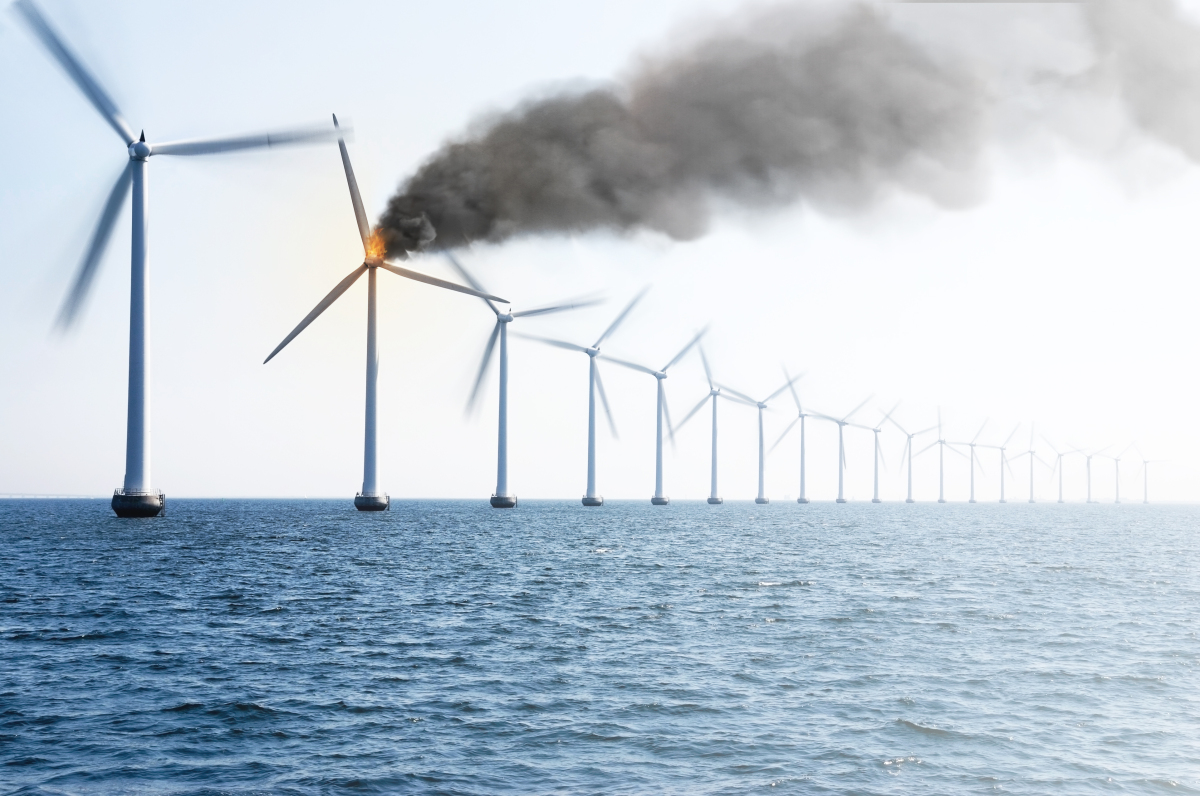North Dakota
Proposal would give money to North Dakota coal plants by taxing wind power

N.D. – A North Dakota lawmaker wants to impose a new tax on wind farms and give the money to coal-fired power plants in the form of grants.
Rep. Dave Nehring, R-Bismarck, presented the proposal Tuesday to the House Finance and Taxation Committee, saying it’s meant to bring part of a federal tax credit “back to North Dakota to support the generation built here that is the backbone of our electric grid.”
Critics argue the measure would not address supporters’ concerns about the reliability of the power grid and would drive future wind development to other states.
“A tax levied is not a tax collected,” said Jeff Danielson, who works as central states director for American Clean Power and spoke on behalf of the Wind Industry of North Dakota coalition. “The tax proposed in this bill would be so high that that business would not likely locate in North Dakota.”
House Bill 1458 takes aim at the federal Production Tax Credit, which offers a tax credit for electricity generated from wind farms. The subsidy has helped propel a boom of tall, spinning turbines across the landscape of windy states such as North Dakota, and it’s often criticized by the coal industry and coal supporters, who view it as unfair. Congress enacted the tax credit in 1992 and has extended it numerous times.
The bill before North Dakota lawmakers would levy a tax on wind farms that’s equal to half the Production Tax Credit. The tax would apply only to wind farms that begin operating in 2021 or future years. State tax officials estimate the measure would generate $5 million per year in tax revenue from a new wind farm.
The money would go into a “grid reliability and resiliency fund,” and the three-member Public Service Commission would be tasked with using the money to provide grants to qualifying power plants.
Power plants in North Dakota run on coal, natural gas or water. Plants would be eligible only if they meet a number of criteria, including having a 30-day supply of fuel onsite, as is the case at coal-fired facilities.
The bill comes as coal plants nationwide struggle to compete amid a boom in renewable natural gas-fired power.
In North Dakota, Great River Energy announced last year that it plans to close the state’s largest coal plant, Coal Creek Station.
“I think that’s a wake-up call,” said Geoff Simon, executive director of the Western Dakota Energy Association, which represents counties, cities and school districts in North Dakota’s oil- and coal-producing regions.





